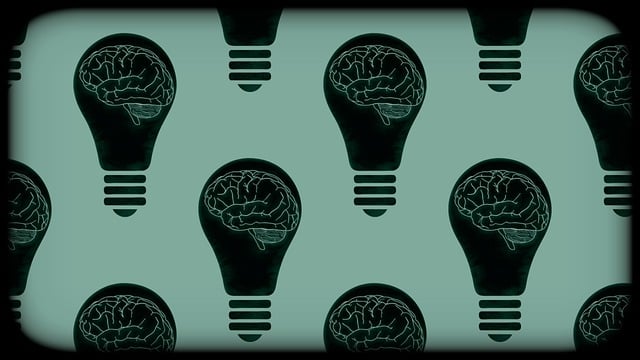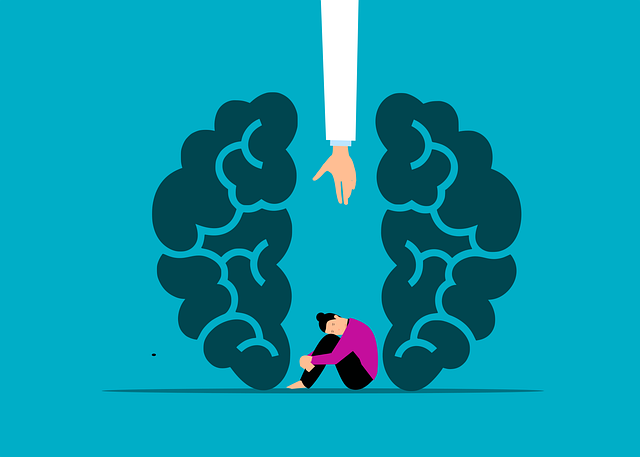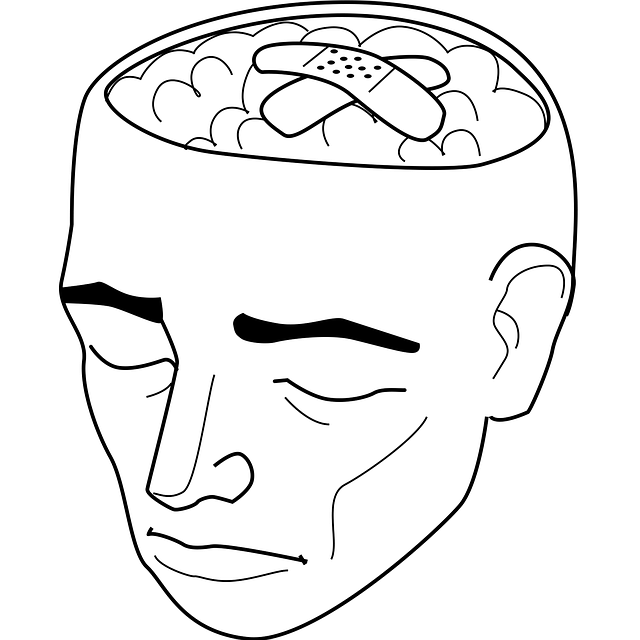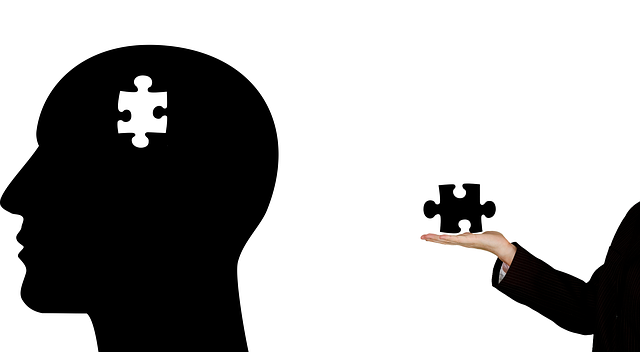Mindfulness meditation is a powerful tool for emotional balance and well-being, particularly effective in Longmont Relationship Issues Therapy (LRIT). By focusing on the present moment, observing thoughts without judgment, and integrating mindfulness into daily life, individuals can gain self-awareness, reduce stress, and enhance mental resilience. Dedicated practice spaces, breath awareness, body scans, and mindful listening techniques contribute to emotional healing and improved relationships. Overcoming routine challenges through consistent practice, patience, and manageable sessions leads to long-term success in mental health and well-being, with public campaigns and coaching programs expanding access to these benefits.
Discover the transformative power of mindfulness meditation with our comprehensive guide. In today’s fast-paced world, finding emotional balance is crucial for well-being. This article explores how mindfulness can help navigate Longmont relationship issues and daily stressors. From understanding its fundamentals to practical techniques like breath awareness and body scans, we provide steps to integrate mindfulness into your routine. Learn strategies to overcome challenges and cultivate a consistent practice that enhances mental clarity and overall satisfaction, even beyond meditation sessions.
- Understanding Mindfulness Meditation for Emotional Balance
- Preparing Your Space and Mindset for Daily Practice
- Techniques to Master: Breath Awareness and Body Scans
- Incorporating Mindfulness into Everyday Life Beyond Meditation
- Overcoming Common Challenges in Building a Consistent Routine
Understanding Mindfulness Meditation for Emotional Balance

Mindfulness meditation is a powerful tool for achieving emotional balance and well-being, particularly relevant in navigating Longmont Relationship Issues Therapy. It involves a conscious focus on the present moment, observing thoughts and feelings without judgment. This practice allows individuals to develop a deeper understanding of their emotional responses, fostering self-awareness and self-regulation.
By integrating mindfulness into daily routines, one can enhance mental resilience and reduce stress. The principles of Mind Over Matter are deeply connected to this practice, encouraging individuals to take control of their emotional state. Public Awareness Campaigns Development and Mental Wellness Coaching Programs Development can play a significant role in introducing these concepts to a wider audience, ultimately contributing to improved emotional balance and overall mental health within communities.
Preparing Your Space and Mindset for Daily Practice

Creating a dedicated space for your mindfulness practice is an important step in fostering emotional well-being promotion techniques and establishing a routine. In your personal sanctuary, whether it’s a quiet corner of your home or a serene outdoor spot, ensure it’s free from distractions and reflects your desire for tranquility. This can involve setting up a cozy meditation cushion, lighting scented candles, or displaying objects that inspire peace—a small altar of sorts tailored to your needs. The ambiance should resonate with you, allowing your mind to shift into a calm state ready for mindfulness meditation practice guidance.
Before beginning each session, take a moment to center yourself and prepare your mindset. Longmont Relationship Issues Therapy often emphasizes the significance of emotional regulation as a powerful stress reduction method. So, consider taking a few deep breaths, scanning your body for tension, and releasing it. Set an intention—a phrase or word that guides you during meditation—to focus on. This mental preparation is key to unlocking the benefits of mindfulness, ensuring each session leaves you feeling grounded and at peace, despite any external challenges.
Techniques to Master: Breath Awareness and Body Scans

Breath awareness is a fundamental technique in mindfulness meditation, serving as a powerful anchor to help individuals stay present and focused. By paying close attention to their inhalation and exhalation, practitioners cultivate a deeper connection with their bodies and minds. This simple yet profound practice can be especially beneficial for those navigating Longmont Relationship Issues Therapy, as it provides a means to regulate emotions and reduce stress in intimate settings. Through mindful breathing, individuals learn to recognize patterns of tension or distress, allowing them to respond mindfully rather than reacting impulsively.
Complementing breath awareness is the body scan technique, which involves systematically bringing attention to different parts of the body. This method enables practitioners to detect physical sensations and releases held tensions, fostering a sense of calm and relaxation. Incorporating body scans into daily meditation routines can enhance self-care practices and conflict resolution techniques, contributing to overall well-being in both personal and professional relationships. Cultural sensitivity in mental healthcare practice is also supported by these techniques, as they encourage individuals to develop a deeper understanding and acceptance of their bodily experiences, transcending cultural barriers.
Incorporating Mindfulness into Everyday Life Beyond Meditation

Incorporating mindfulness into your daily routine goes beyond dedicated meditation sessions. It’s about weaving a mindful fabric into the very threads of your life. Start small, perhaps by cultivating present-moment awareness during everyday activities like eating or walking. Notice the textures, tastes, and sensations around you—this anchors you in the here and now.
Longmont Relationship Issues Therapy often emphasizes mindfulness as a tool for enhancing communication and empathy. Practices like mindful listening can deepen connections and foster compassion cultivation, beneficial both personally and in relationships. By integrating these practices into your life, you can promote emotional healing processes and even find anxiety relief.
Overcoming Common Challenges in Building a Consistent Routine

Building a consistent mindfulness meditation routine can be challenging, especially when dealing with Longmont relationship issues or managing stress and burnout prevention. Many people begin their practice with high enthusiasm but quickly encounter obstacles that hinder their progress. One common challenge is maintaining discipline, as our busy modern lives often leave little room for dedicated quiet time. To overcome this, it’s essential to establish a consistent routine by setting specific times each day for meditation and treating this time as non-negotiable, similar to self-care practices.
Another hurdle many encounter involves managing expectations. Mindfulness is not about achieving a certain state of calm or clarity immediately; rather, it’s a gradual process that strengthens our ability to navigate life’s ups and downs with greater resilience. Incorporating short meditation sessions into your day and practicing self-awareness exercises can help overcome initial challenges. By being patient with yourself and focusing on the journey rather than just the destination, you’ll set yourself up for long-term success in your mindfulness practice—and ultimately, improved mental health and well-being.
Mindfulness meditation, as discussed in this guide, offers a powerful tool for emotional balance and well-being. By creating a consistent practice, you can transform your everyday life, reducing stress and improving relationships, even in challenging situations like those that may arise in Longmont Relationship Issues Therapy. Remember, the journey begins with understanding, preparing, and mastering techniques, eventually integrating mindfulness into your daily routine to unlock its full potential.














